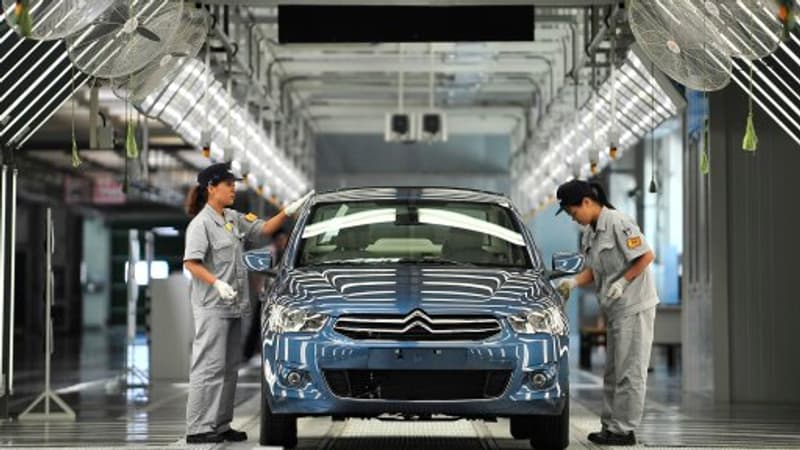While the G7 currently meeting in Hiroshima, Japan is largely engaged in new sanctions against Russia, China will also be on the discussion menu.
Once again, the seven richest countries on the planet will seek new levers to better protect themselves from the economic dependence of the Middle Kingdom in many industrial fields. Dependency that could result in economic blackmail from Beijing.
For Jake Sullivan, US national security adviser, the G7 leaders should denounce this “economic coercion” and try to overcome transatlantic differences on the position to adopt towards China.
Confrontation between Europe and China
But European countries, particularly France and Germany, are keen to ensure that eliminating risk does not mean cutting ties with China, one of the world’s biggest markets. The question is, therefore, to know how far this pulse can go.
“We have today, be it the United States, be it Europe, what we could call a real dependency, in any case an extremely strong interconnection. Whatever the directions the G7 launches, it is necessary to ‘derisk’ in terms of the value chain,” he continues.
“However, we cannot completely disassociate ourselves, it would take effort, it would take investment, we would have to assume other risks that are very difficult to assume today,” analyzes the expert.
The sensitive issue of Taiwan
Isn’t the upcoming trade deal between Taiwan and the United States likely to add fuel to the fire in relations between China and the rest of the world? “There is no black and white situation” clarifies Jean-François Di Meglio.
“It is not a question of being careful not to irritate China, the interconnections between Taiwan and China itself are very strong and this is also one of the protections in favor of Taiwan. China is so dependent on Taiwan that today a clash is something that can only be considered with great caution,” said the president of Asia Center.
And to add: “We Westerners need to realize this. Doing something for Taiwan like the US has done shows how important this world order is to us. And we don’t irritate China if we do that because China too has an interest in seeing some prosperity in Taiwan.”
Source: BFM TV


